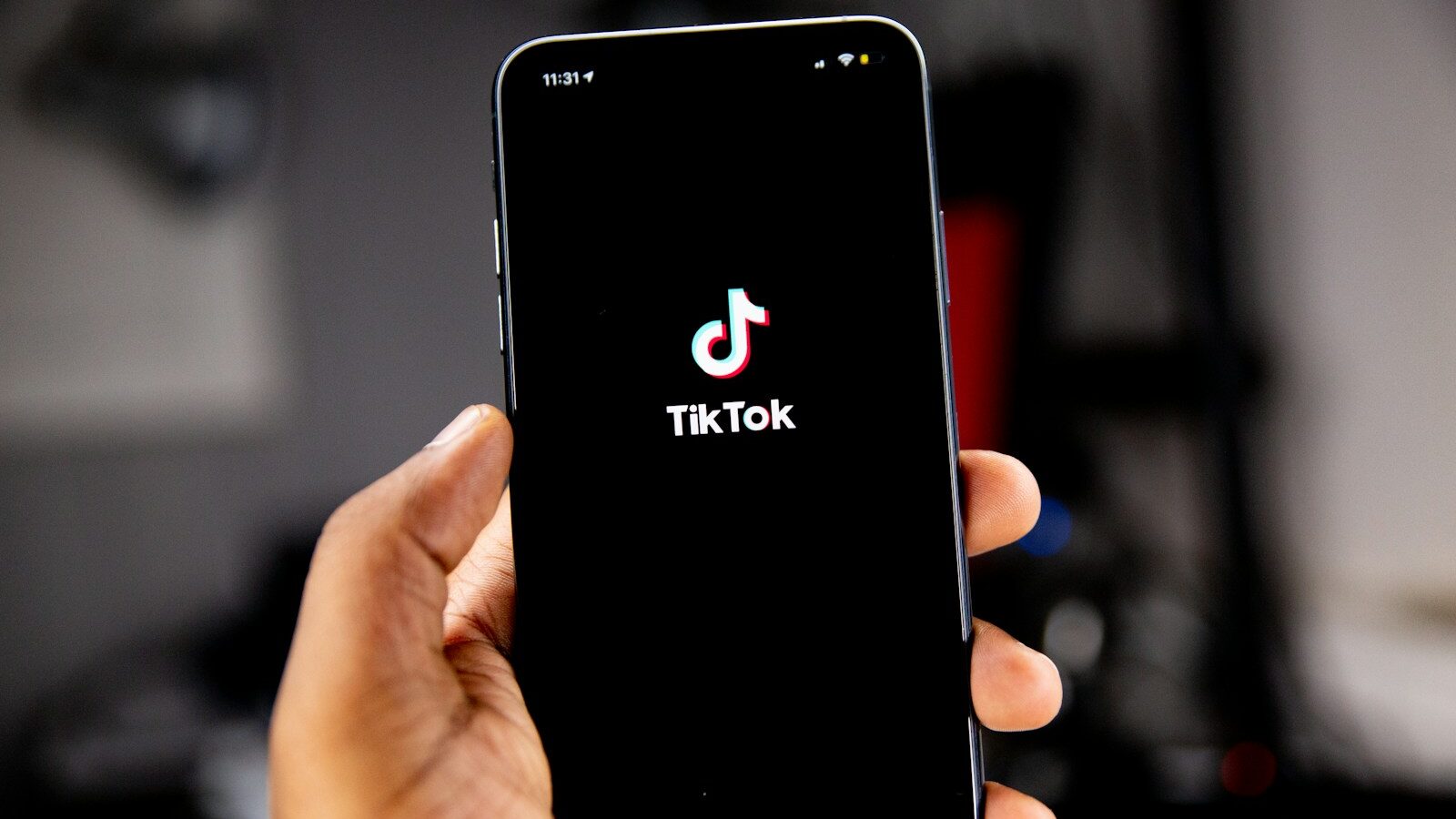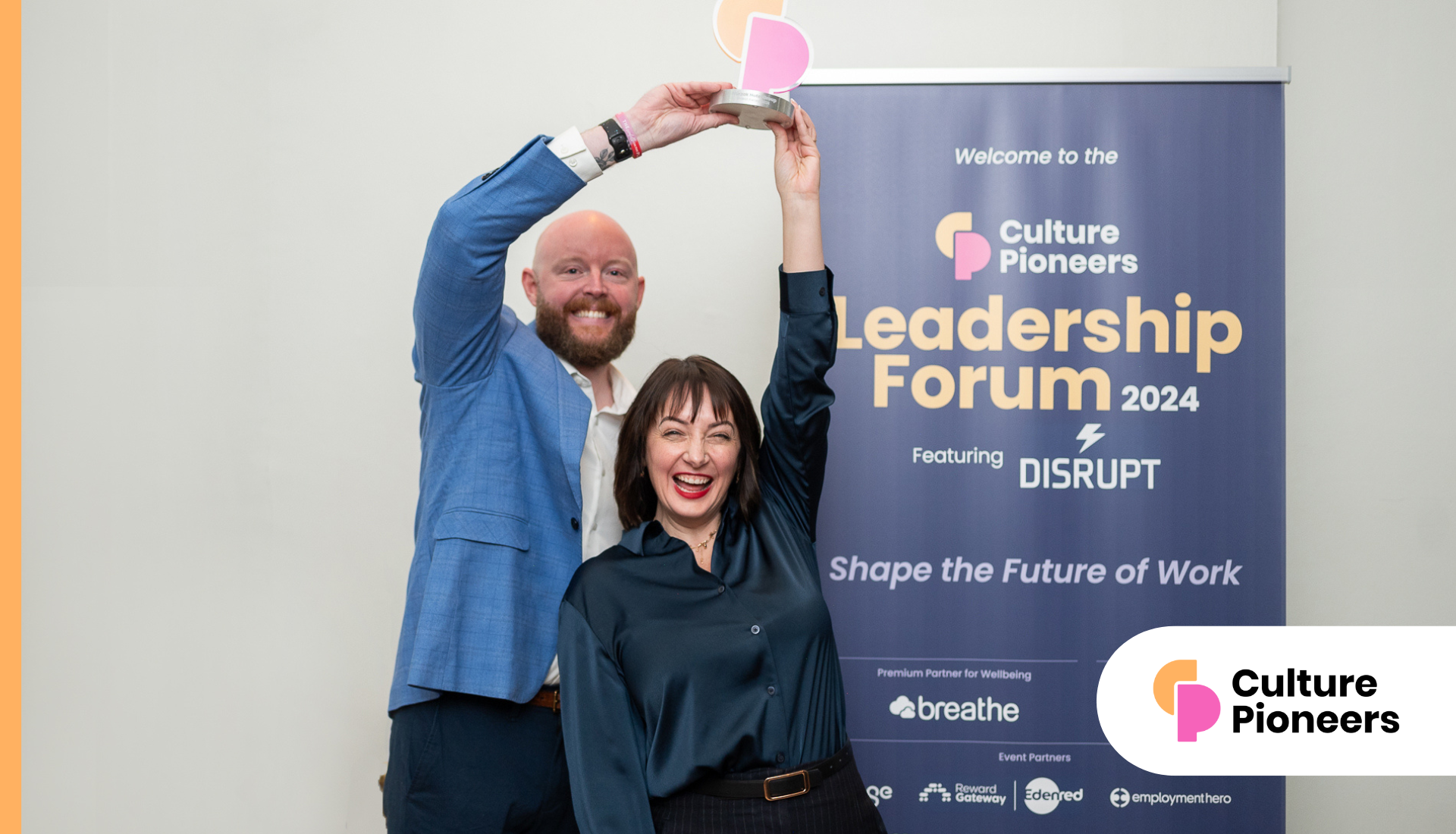David Brudö is co-founder of mental health app Remente.
Having spent almost my whole professional career as an entrepreneur in a high work pace environment – where the only certainty is that you don’t know what tomorrow holds – I felt that at one point something started to really feel wrong.
I began lacking motivation and energy. The last thing I thought about before bed, and the first thing in the morning, wasn’t all the great things I had, like a roof over my head, an amazing family and food on my plate.
It was work: more precisely, the stress connected to my work situation. I couldn’t focus on what I had to do: it was all a blur. Tasks, big and small, were piling up, until I felt that I couldn’t bear the weight of everything I had to carry around in my mind.
This brought me back to my teenage years, when I suffered from depression. Suddenly, I was that insecure teenage boy again, feeling that everything was pointless and hopeless.
Someone told me I should go see a therapist, but that didn’t really correspond with my vision of trying to become a successful entrepreneur. Instead I started reading books, blogs and watching videos on personal development.
It was super-inspiring, but I soon learned that most techniques, gurus and methods spoke about the same thing, but in different packaging.
That thing was our mental state.
Basically, if you can change the way you see and interpret the world, you can change yourself. Interesting insight, I figured, and then I did….nothing about it.
For me, all this inspiration was like a sparkler. It was beautiful, but burned out quickly. However, the self insight I got from the personal development studies, taught me that I better go see that therapist, which I did. And it was great.
I then came to a new insight. Almost all efforts when it comes to our mental wellbeing are focused on healthcare when things have gotten out of hand.
If I’d have known more how the brain works, why it needs rest, and how to manage stress, I wouldn’t have ended up where I was. Instead, I was running a mental marathon everyday, without having prepared for it.
Why don’t we exercise our minds as we exercise our bodies to stay healthy?
I am not unique, neither am I alone. Today, mental illness is a leading cause of sick leave, and we have too little knowledge in the workplace on how to manage it, let alone how to prevent it.
This is not just a matter of wellbeing, but about company performance. A stressful environment is not a high-performing environment, as people’s mindsets shift from being creative and forward thinking to becoming reactive and primal. It might work for a short time, but not in the long run.
A Gallup study of engagement in the workplace shows that it globally is as low as 13%.
Having engaged and high-performing employees goes hand-in-hand with work-life balance and health.
By proactively introducing mental training and helping employees manage work-life balance, we will inrease revenues, performance and in turn reduce the costs and suffering that mental health conditions bring.









One Response
Great post, David! Thank you
Great post, David! Thank you for sharing so honestly. I think that in our new ultra connected world, this all work all the time, culture is going to have greater impact on all of us than we can imagine. And keep in mind, the long term affects have yet to be determined. Add in a shirking workforce. Some industries are already seeing the impacts. I think that we all need to learn to take a breathe and learn how to create workplace cultures with room for breathing.